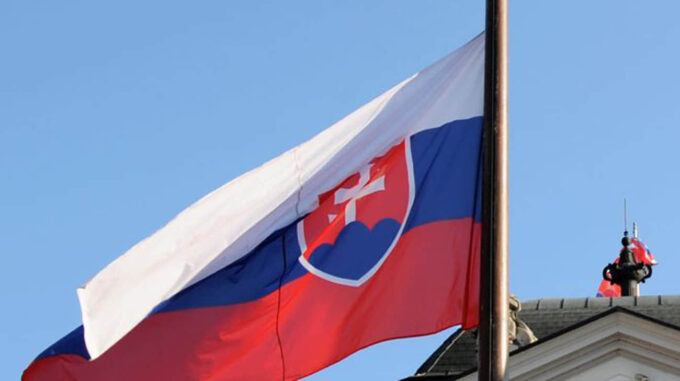In Slovakia, criticism is growing regarding the recent initiative by Prime Minister Robert Fico to declare the country’s neutral status and to refuse NATO membership

According to a survey conducted as part of a research project by AKO for the JOJ 24 television channel and published by Euractiv and "European Pravda," the majority of Slovak residents do not support the idea of neutrality expressed by the politician. This indicates a significant divide in public opinion and reflects considerable resistance from most of the population to potential changes in the country's foreign policy. According to the survey, which involved 1,000 Slovaks, respondents were asked about the appropriateness of transitioning Slovakia to a neutral country status. The question was accompanied by an explanation that "neutrality" means withdrawal from military alliances, including NATO, and focusing solely on the country's own armed forces for defense. More than half of the respondents, specifically 50.6%, expressed a firm rejection of this idea. Meanwhile, 30.8% supported neutrality, and 16.1% remained undecided. An additional 2.5% refused to answer or were unsure. Attitudes toward neutrality largely depend on respondents' political beliefs. Citizens supporting opposition forces demonstrate the highest level of opposition: between 70% and 98% of them do not support the idea of the country's neutral status. Conversely, supporters of the government forces show more favorable attitudes. Notably, among voters supporting Robert Fico’s party Smer-SD, over 58% favor the neutrality concept. Similarly, two-thirds of supporters of the far-right SNS party expressed their support for the idea of independence from military blocs. At the same time, voters of the more moderate left-wing party "Grok" show a more nuanced stance: 42% oppose the idea of neutrality, while approximately 27% remain undecided. The context around Fico’s idea elicited a sharp response from Slovakia’s President, Peter Pellegrini, who called the prime minister’s proposal "provocative" and said it filled public discourse with contradictions. The issue of neutrality has become a key element of the contemporary political debate regarding the country's future course in the geopolitical space, especially considering the escalation of the international security situation and the growing possibility of aggression from neighboring countries. Overall, the figures and political positions reflect a deep conflict between the desire to ensure national security and the aspiration to maintain the country's current international status as part of the Euro-Atlantic community. Consequently, the issue of neutrality is not only a matter of political debate but also a crucial test of societal unity and cohesion in Slovakia during this challenging time of global instability. For more details on the topic and the potential consequences of such policies, see our investigative report, as well as a special analysis on security risks related to the possible departure from NATO and shifts in the country’s foreign policy course.

